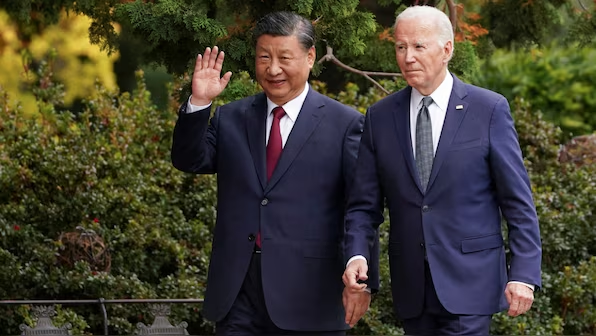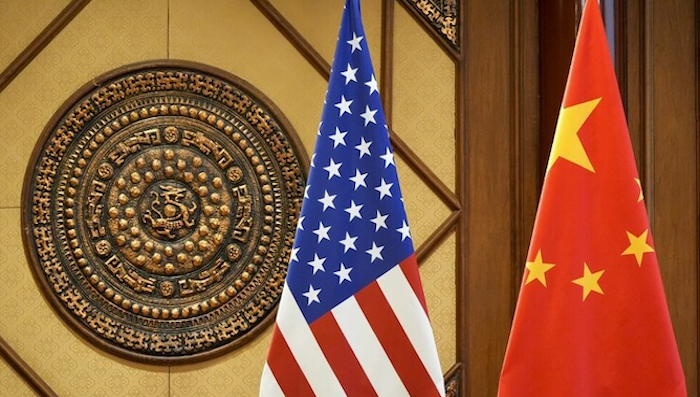Already a subscriber? Make sure to log into your account before viewing this content. You can access your account by hitting the “login” button on the top right corner. Still unable to see the content after signing in? Make sure your card on file is up-to-date.
China has ended nuclear non-proliferation and arms control talks with the United States in protest against a US arms sale to Taiwan.
Let’s break it down:
What China said: Lin Jian, a spokesperson for the Chinese Foreign Ministry, said, “Over the past weeks and months, despite China’s firm opposition and repeated protest, the US has continued to sell arms to Taiwan and done things that severely undermine China’s core interests and the mutual trust between China and the US. This has seriously compromised the political atmosphere for continuing the arms control consultations. Consequently, the Chinese side has decided to hold off discussion with the US on a new round of consultations on arms control and non-proliferation. The responsibility fully lies with the US.”

What the US said: State Department Spokesman Matthew Miller called China’s decision “unfortunate” and added, “China has chosen to follow Russia’s lead in asserting that engagement on arms control can’t proceed when there are other challenges in the bilateral relationship. We think this approach undermines strategic stability. It increases the risk of arms race dynamics.”
What sparked this?: In June, the United States approved a $300 million military sale to Taiwan, mainly consisting of parts for F-16s. Initially China responded to the sales by rolling out sanctions on various US defense companies.
Background and Context:
China and the US reached a deal to initiate nuclear arms control talks back in November, ahead of a summit between Xi Jinping and Joe Biden in California. The Biden administration previously argued that China should be willing to hold arms control talks without using other geopolitical issues as a precursor.

Digging Deeper: The US has approximately 3,700 nuclear warheads, with around 1,419 deployed strategically. China is estimated to have 500 operational nuclear warheads, with projections of over 1,000 by 2030. Russia has about 1,550 deployed nuclear weapons and a stockpile of 4,489 warheads.






